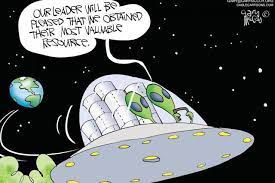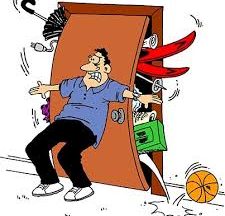 February 2024
February 2024
Hoarding is one of the more challenging condo community problems to address. It is an illness, a nuisance to residents and a safety hazard that should not be ignored. Protecting the health and safety of the community, while showing compassion to a hoarder, is a difficult undertaking. Any community of more than 20 units likely has at least one hoarder.
When becoming aware that a hoarder lives in the building, a simple three-step approach can be followed.
Give notice
Contact the owner and send a notice informing of complaints that may include odours and infestations. Insist that they take immediate steps to correct the problem.
Gain access to the unit
A condominium corporation has the right to access a unit when there are safety considerations. The condominium manager or superintendent, along with a second individual, should see the unit’s condition and consider the best way to resolve the problems. Permission or reasonable notice may be required before accessing the unit.
If permission to access the unit is not given or notices are ignored, it may be necessary to obtain third-party assistance. A family member, relative, friend, neighbour or local health or safety agency may be able to persuade the resident that they need to clear trash or other items from the unit and have it thoroughly cleaned. Should all else fail, it may be necessary to obtain a court order for obtaining access to the unit.
Court Order or Psychiatric Assessment
 A court order can grant the corporation authority to clean out a unit and charge costs back to the owner. Condominium corporations can obtain a physician’s psychiatric assessment to determine if an individual’s accommodation is appropriate. Psychiatric assessments for a resident suspected of having a mental disorder can be requested by a police officer or justice of the peace in accordance with Mental Health Act sections 16 and 17. It may be necessary to have a guardian assigned to manage an individual’s property which includes making decisions on their behalf. The Office of the Pubic Guardian and Trustee can be authorized to manage their property. Without evidence that an individual’s mental health is relevant, courts are reluctant to require a mental health examination.
A court order can grant the corporation authority to clean out a unit and charge costs back to the owner. Condominium corporations can obtain a physician’s psychiatric assessment to determine if an individual’s accommodation is appropriate. Psychiatric assessments for a resident suspected of having a mental disorder can be requested by a police officer or justice of the peace in accordance with Mental Health Act sections 16 and 17. It may be necessary to have a guardian assigned to manage an individual’s property which includes making decisions on their behalf. The Office of the Pubic Guardian and Trustee can be authorized to manage their property. Without evidence that an individual’s mental health is relevant, courts are reluctant to require a mental health examination.







